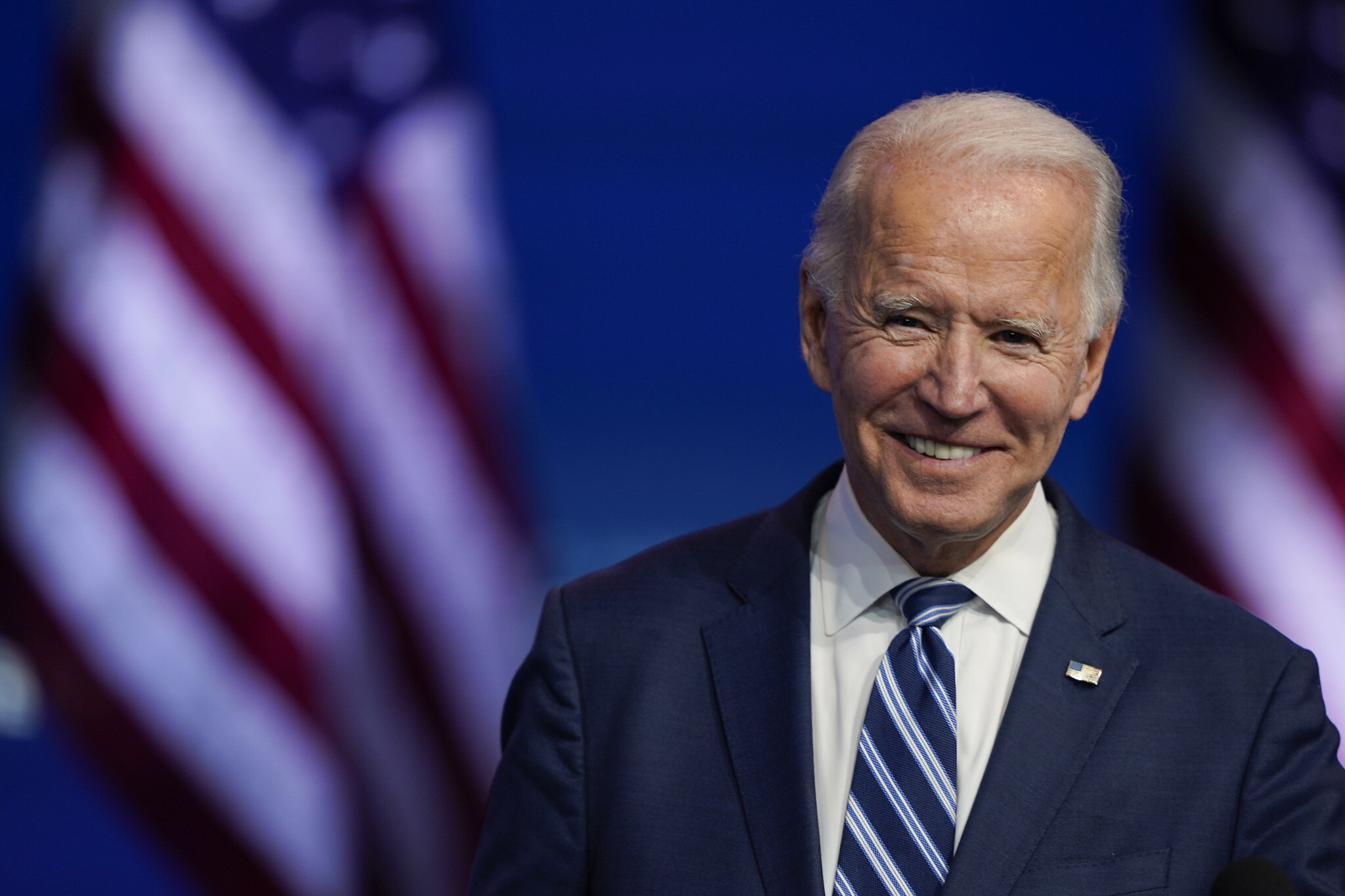KEY POINTS
- The Inflation Reduction Act signed by President Biden imposes a 1% tax on stock buybacks.
- Companies will have a greater incentive to use excess cash for higher dividend increases instead of repurchasing shares.
- There are a couple of drawbacks for companies related to boosting dividends, though.
A new tax could steer big companies toward paying higher dividends.
A stock that pays you every quarter (and, in some cases, monthly) to own it? Many investors like that idea. Unsurprisingly, dividend stocks tend to attract a lot of money.
As popular as dividend stocks already are, though, they could soon become even more attractive. And you can thank Joe Biden.
Clamping down on buybacks
President Biden signed the Inflation Reduction Act into law on Aug. 19. He referred to the legislation as “one of the most significant laws in our history.” That’s not an exaggeration.
For one thing, the bill funnels more money into addressing climate change (roughly $430 billion) than any previous effort. It also will allow Medicare to directly negotiate the prices of the costliest drugs for the first time in the program’s history. This change holds the potential to bring upheaval to the pharmaceutical industry.
But there’s another provision in the Inflation Reduction Act that hasn’t received as much attention: The law will impose a 1% tax on corporate stock buybacks beginning in 2023.
Companies buy back their own shares as a way to return cash to shareholders. As shares are repurchased, it causes the value of existing shares to increase. Stock buybacks can also lead to higher earnings per share since the same amount of net income will be spread over fewer shares.
The additional tax will serve as a disincentive for companies to buy back their shares. However, it could be an incentive for some of these companies to reward shareholders with higher dividends.
Three examples
How might the 1% tax on buybacks change what companies do going forward? Let’s look at three companies that pay dividends and rank among the top for stock buybacks so far in 2022.
Apple (AAPL -1.65%) spent $44.6 billion on share repurchases in the first two quarters of this calendar year. It returned $7.4 billion to shareholders in the form of dividends. If the Inflation Reduction Act had been effective Jan. 1, Apple would have had to pay a tax of $446 million on its stock buybacks. The company could have significantly boosted its dividend payout and paid no additional taxes.

NASDAQ: AAPL
KEY DATA POINTS
Market Cap
$2,593B
Day’s Range
US$158.22 – US$162.56
52wk Range
US$129.04 – US$182.94
Volume
38,166,249
Avg Vol
68,018,520
P/E (ttm)
26.04
Microsoft (MSFT -1.23%) stands out as another tech giant with huge stock buybacks. The company repurchased $15.6 billion of its stock in the first two quarters of calendar year 2022. It also paid $9.2 billion in dividends. Has Microsoft faced a 1% tax on those stock buybacks, the company could have opted to instead increase its dividend distributions.

Amgen (AMGN 0.09%) bought back more than $5.4 billion of its shares in the first quarter of 2022 with no repurchases in Q2. The big biotech also used roughly $2.1 billion to pay dividends in the first half of the year. Again, these amounts could easily have been skewed more toward dividends if the forthcoming tax on stock buybacks had been in place.
NASDAQ: AMGN
KEY DATA POINTS
Market Cap
$128B
Day’s Range
US$238.32 – US$240.31
52wk Range
US$198.64 – US$258.45
Volume
959,427
Avg Vol
2,497,790
P/E (ttm)
23.54
Paying dividends
Would companies really be more likely to boost their dividends because of the Inflation Reduction Act’s new tax? An analysis by the Tax Policy Center estimates that corporate dividend payouts could increase by 1.5% as a result of a 1% tax on share buybacks.
However, there are a couple of drawbacks for companies with raising their dividends rather than using surplus cash to repurchase shares. Once a company increases its dividend, cutting the dividend in the future could anger shareholders. Stock buybacks don’t have this problem.
Also, shareholders must pay taxes on dividends. Those tax rates will typically be a lot higher than 1%. Companies could take this tax implication into account when making decisions on how to allocate capital.
But this was part of the rationale behind the inclusion of the new tax in the Inflation Reduction Act. Taxing stock buybacks will pay dividends to Uncle Sam regardless of what companies such as Apple, Microsoft, and Amgen do.

